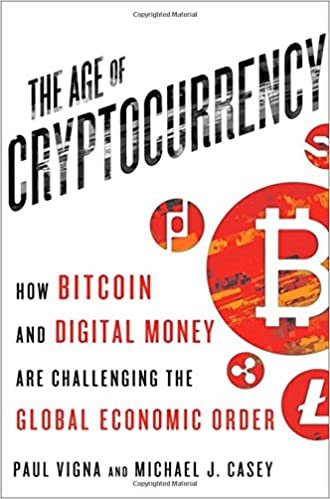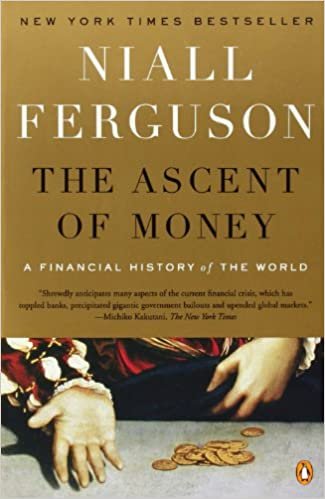My crypto reading list is a diverse mix of technical introductions to the technology, as well as current events & monetary history
To get a solid overview of digital currency, I have three books on my reading list. I offer my reviews below:
My home office book stack

Mastering Bitcoin by Andreas M. Antonopoulos
Andreas is a rock star in cryptoland and actively does speaking circuits around the world. This book is valuable whether you're new to Bitcoin, intend to start a business, or want to become an app developer. The biggest takeaway for me was learning the technical core foundation of Bitcoin.
For instance, a key piece to Bitcoin's innovation is the blockchain algorithm driven by hash functions (i.e. cryptographic hash). The author offers code snippets (in Python) that I used to generate random hash functions. Going through example code helped me to better appreciate the algorithm and data structures (you only need to have some exposure to programming--no need to be a developer). Now I have code to generate market summary on Bitcoin including price movements and market cap. From a user perspective, I also learned how keys and addresses work, while grasping the strengths and weaknesses of Bitcoin storage--from hot storage in online exchanges or cold storage offline.

Python code snippet to generate a hash function, as shown by Bitcoin Book, available at: https://github.com/bitcoinbook/bitcoinbook/blob/second_edition/code/hash_example.py The Age of Cryptocurrency by Paul Vigna and Michael J. Casey
The authors of this book bring their storytelling abilities as market reporters for the Wall Street Journal to the fascinating world of Bitcoin and its disruptions to finance and social structures. Michael Friedman, in his book, "The World is Flat", tells the globalization story from the lens of political and social events that shape people's lives. Similarly, Paul Vigna and Michael Casey shows demystifies Bitcoin through anecdotes that resonate with me.
The first outlines how a small set of Caribbean nations turned to digital currency as an alternative payments rail when large banks exited from business relationships with the islands. The second story is about the war-torn nation of Afghanistan, where a nonprofit used Bitcoin to pay women, helping them achieve economic mobility and financial empowerment. Because of its theme on the changing global order, I can see this book included in the financial history collections on people's bookshelves or even part of high school curriculums (currently it's included as course reading at the university level)

The Ascent of Money by Niall Ferguson
This book is not about digital currency, and it was published independently from the release of Bitcoin's whitepaper in 2008. However, the vast historical coverage on the evolution of money helped me understand better the remarkable monetary experiment of Bitcoin. Niall Ferguson is a master storyteller who managed to spend hours on end researching in the library so he offers anecdotes on the usage of money by many societies across centuries. All these stories are part of the human story. Tying the themes from this book with the other books helped me to appreciate that digital currency is another chain in the technological innovation of money.

Quite a reading list. I forked Andreas book and will be reading it this summer. Super excited because I code in python and c++ so we will see what I can learn from it
Forking is a great way to go! I admit it's not light reading. The Andreas book is a great reference. Python and C++ are very complementary especially for financial apps. I would to love to learn more Python, only a beginner. Need to find time. Feel free to share what you learn from the Andreas book!